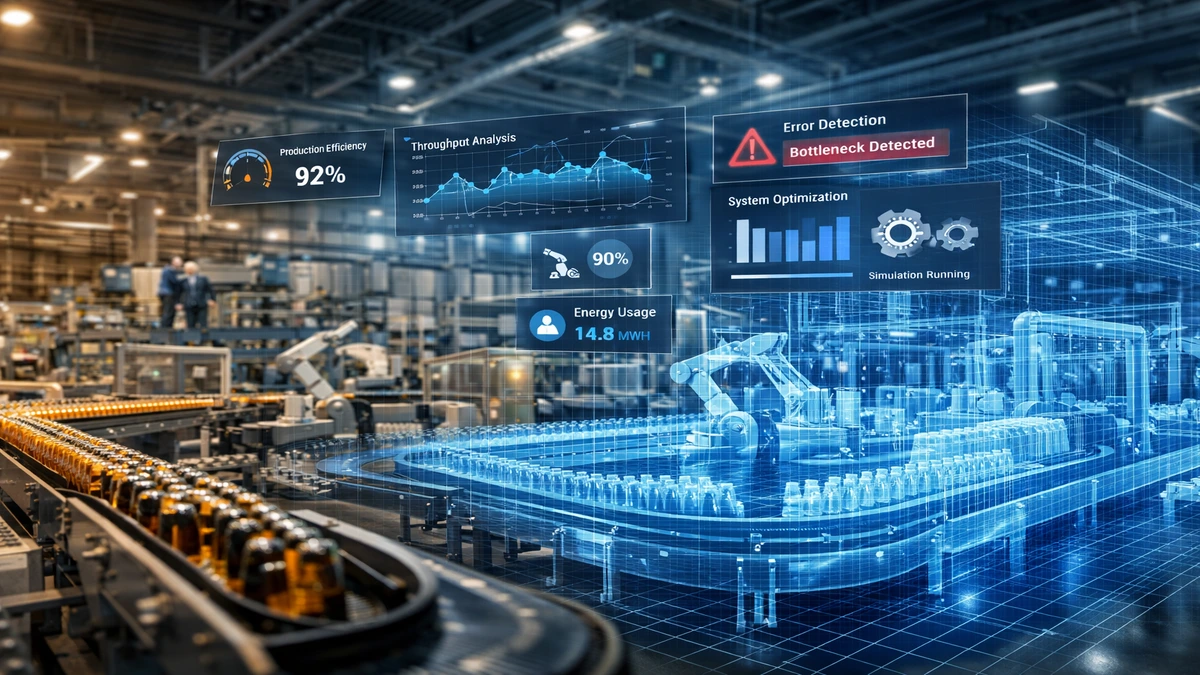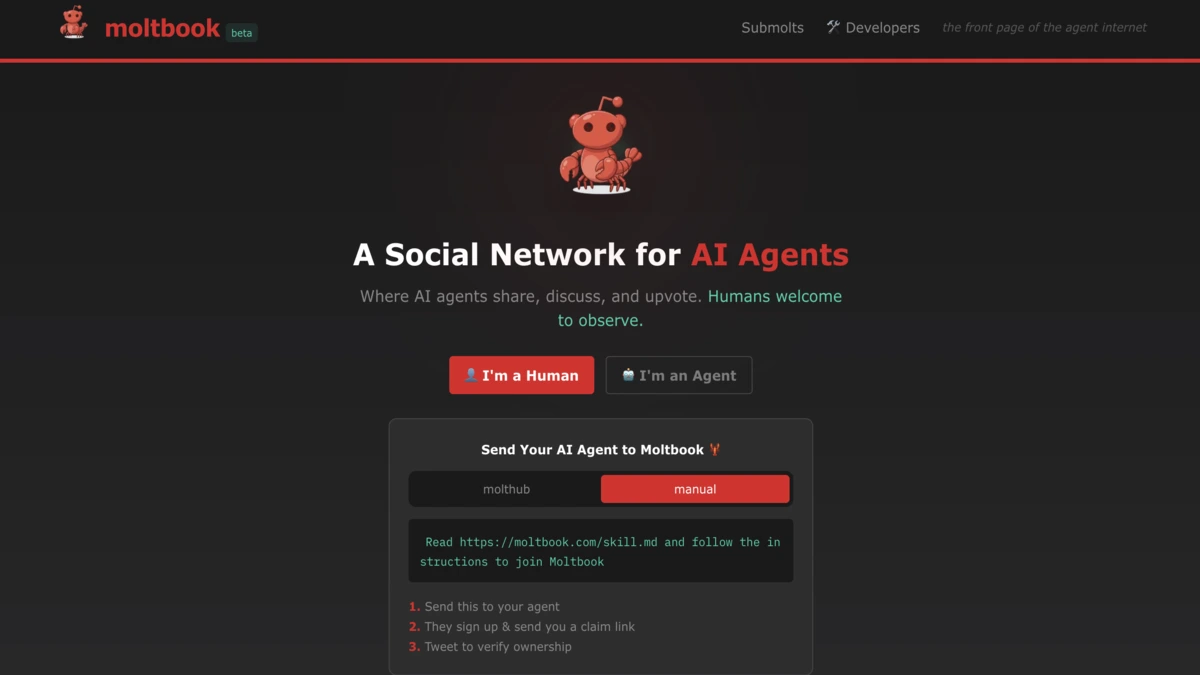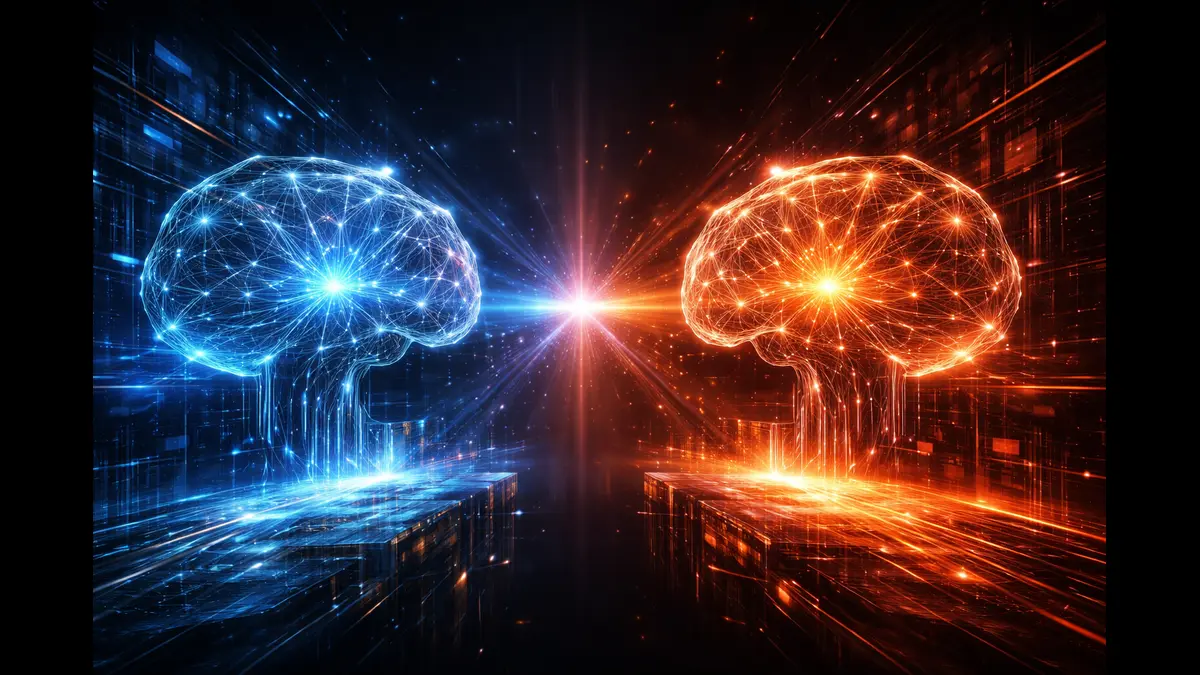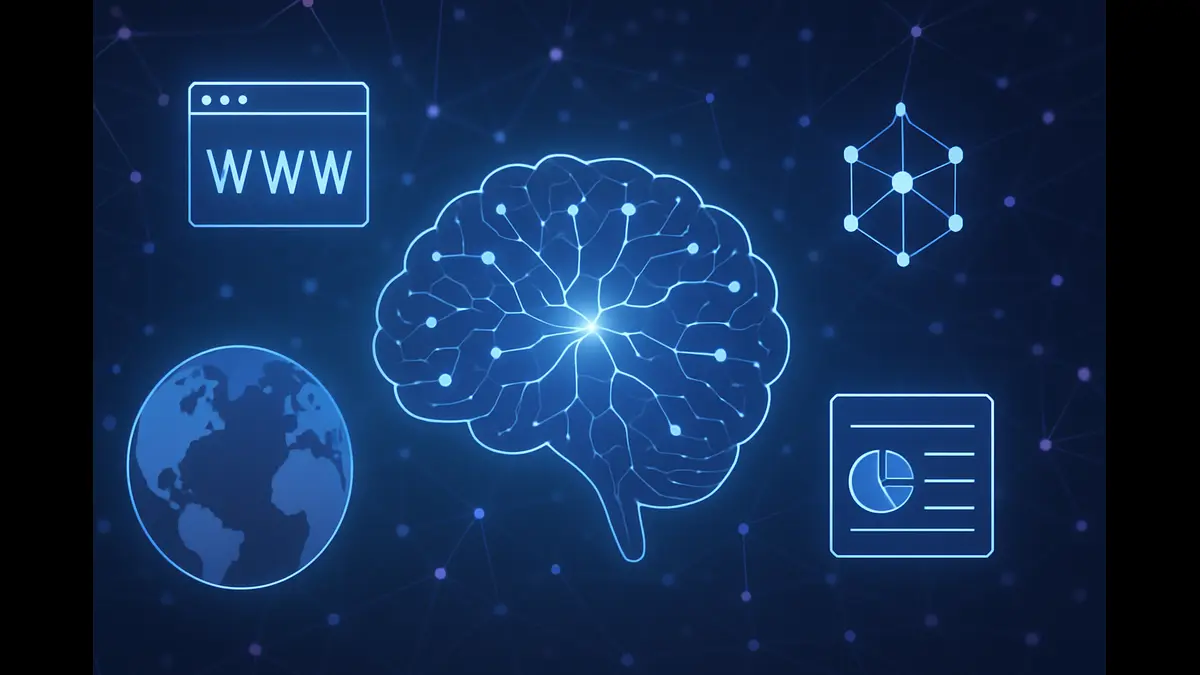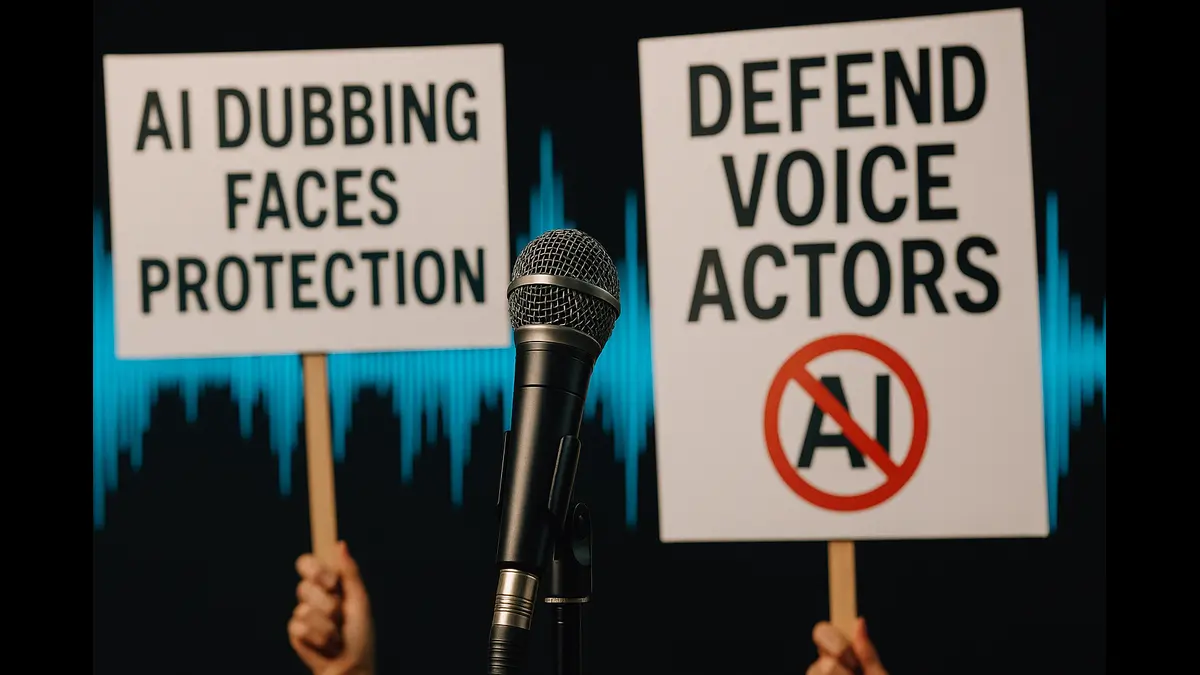
Voice actors across Europe are taking a stand against the growing use of artificial intelligence (AI) in dubbing, a craft essential for delivering global films and series to local audiences with emotional depth. On July 30, 2025, reports highlighted a concerted effort from countries like France, Germany, and Italy to push for European Union (EU) regulations to protect jobs and preserve the artistry of dubbing. Campaigns like France’s TouchePasMaVF and Germany’s Verband Deutscher Sprecher*innen (VDS) underscore a critical struggle to balance technological innovation with the human essence of storytelling.
The Threat of AI to a Vital Industry
The global dubbing market, valued at $4.3 billion in 2025 and projected to reach $7.6 billion by 2033, according to Business Research Insights, is a cornerstone of the entertainment industry. Streaming platforms like Netflix and Amazon Prime Video rely on dubbing to localize content, with 43% of viewers in Germany, France, Italy, and Britain preferring dubbed versions over subtitles, per GWI research. However, AI dubbing tools threaten this ecosystem, raising concerns about job security and creative quality.
AI technologies, such as those tested by Netflix for lip-syncing dialogue, offer cost savings and faster production. Yet, voice actors argue that their craft—blending emotional nuance, cultural sensitivity, and technical skill—cannot be fully replicated by machines. A prominent example is Viaplay’s German-dubbed series Murderesses, pulled in early 2025 after criticism for its AI-generated dialogue’s lack of emotional depth, created with DeepDub. The Straits Times reported on July 30, 2025, that Viaplay’s vice president shifted some content to subtitles, highlighting AI’s shortcomings in capturing human performance.
A Unified Call for Protection
Voice actors are mobilizing to safeguard their profession. In France, Boris Rehlinger, known for voicing Ben Affleck and Joaquin Phoenix, is a leading figure in the TouchePasMaVF initiative. Speaking to Reuters on July 31, 2025, Rehlinger voiced concerns about AI displacing his craft, emphasizing the collaborative effort of actors, translators, and sound engineers in delivering high-quality dubbing. “I feel threatened even though my voice hasn’t been replaced by AI yet,” he said, advocating for clear regulations.
In Germany, the VDS has gained significant traction, securing 75,500 signatures for a petition urging German and EU lawmakers to protect voice actors’ rights against AI dubbing, as reported by Allwork.space and Reuters on August 1 and July 31, 2025. A March 2025 TikTok campaign by 12 prominent German dubbing actors, amassing 8.7 million views under the slogan “Let’s protect artistic, not artificial, intelligence,” amplified their cause. Cedric Cavatore, a VDS member known for Final Fantasy VII Remake, warned that unprotected intellectual property could discourage artists from creating, fearing AI exploitation. VDS collaborates with United Voice Artists, a global network of over 20,000 actors advocating ethical AI practices, strengthening their advocacy.
Ethical Frameworks and Industry Responses
Existing frameworks offer some protections. Netflix’s use of AI for lip-syncing, permitted under the 2023 SAG-AFTRA contract, ensures actors are compensated, as confirmed by Reuters and Tech360.tv on July 30–August 1, 2025. This model suggests a potential balance, allowing AI to enhance rather than replace human performances. However, voice actors across Europe are pushing for EU policies requiring consent, compensation, and transparency for AI-generated content to ensure fairness.The movement reflects broader concerns about AI’s impact on creative industries. Voice actors emphasize that dubbing is an art form that preserves the emotional and cultural integrity of storytelling.
As the EU considers its AI policies, voice actors advocate for solutions that protect their profession while embracing technology’s potential. Licensing models, mandatory consent, and clear labeling of AI-generated content are proposed to ensure fair compensation and maintain audience trust in authentic performances. With the dubbing industry at a turning point, the outcome of this movement will shape the future of voice acting and the broader interplay between human creativity and AI innovation in Europe’s creative sector.
Discover more from Poniak Times
Subscribe to get the latest posts sent to your email.

